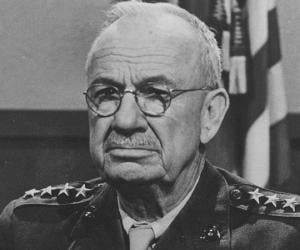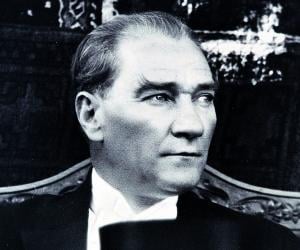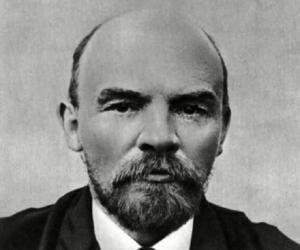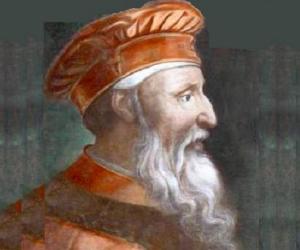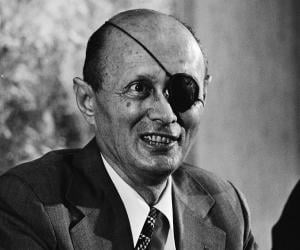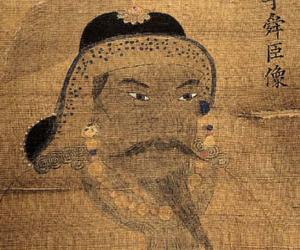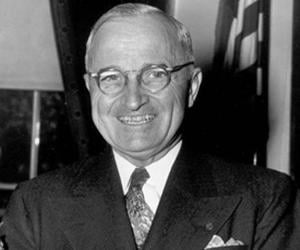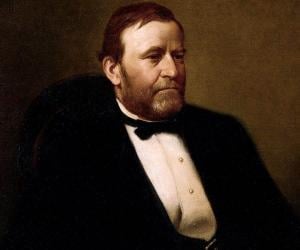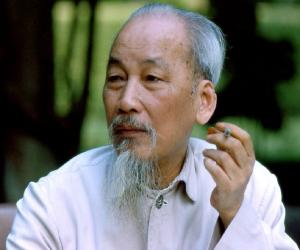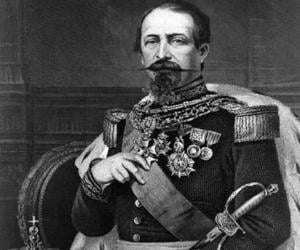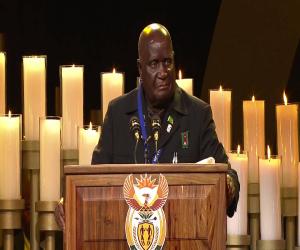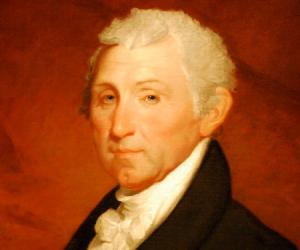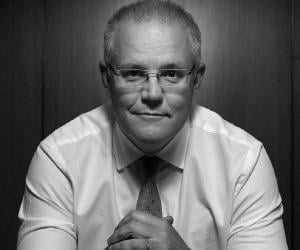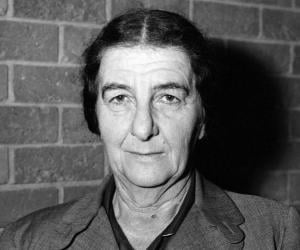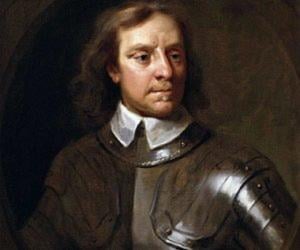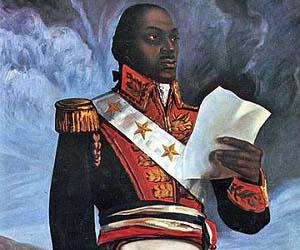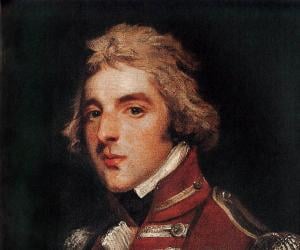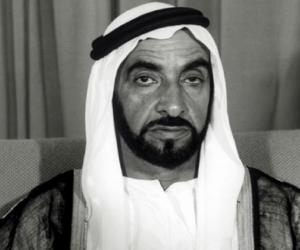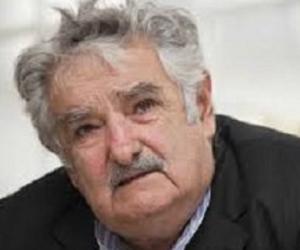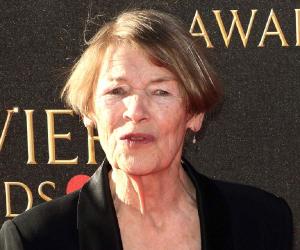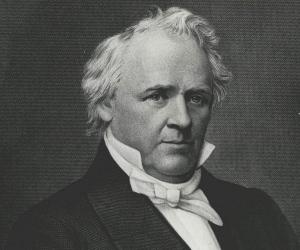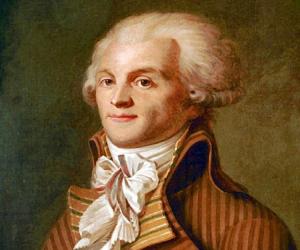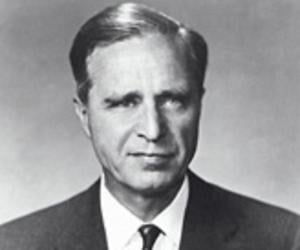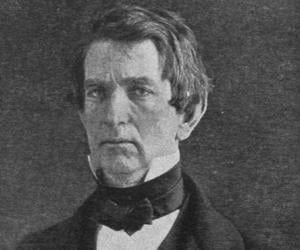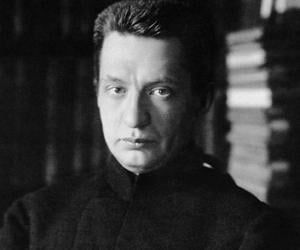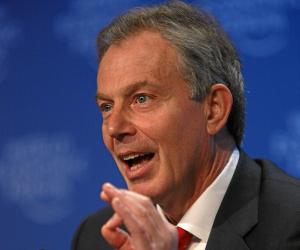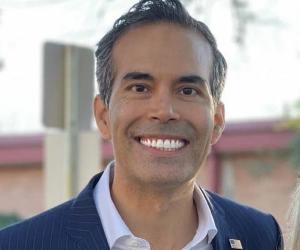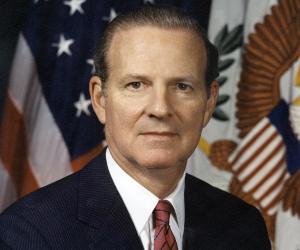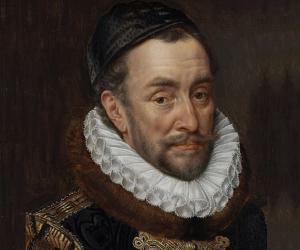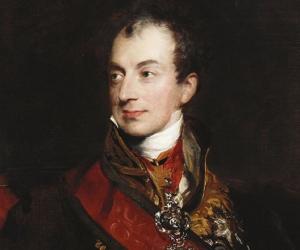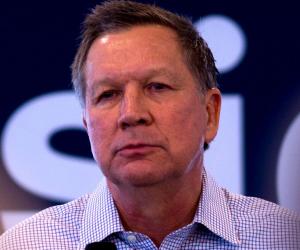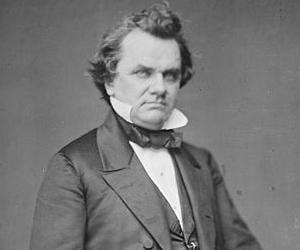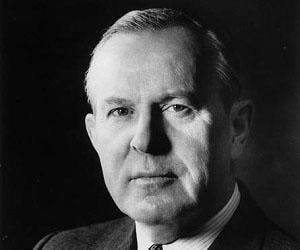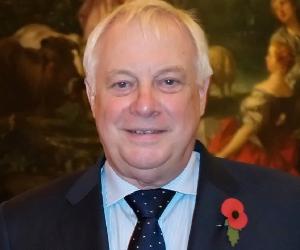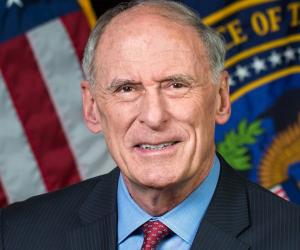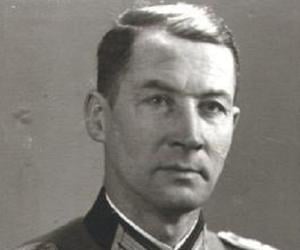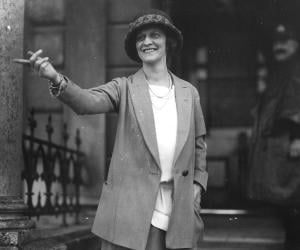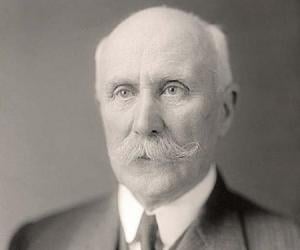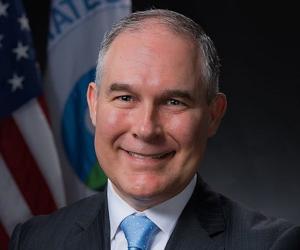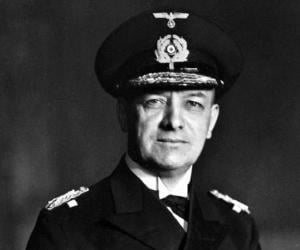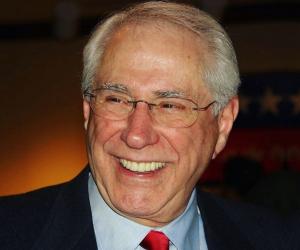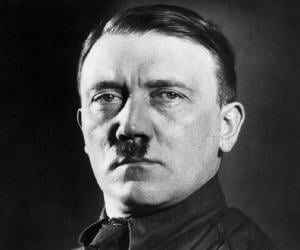Vladimir Lenin played a key role in the history of Russian politics by developing a political ideology called Leninism. During and after his lifetime, Lenin had a massive influence over international communist movement. He is widely regarded as one of the most influential and significant personalities of the 20th century.
Born to Ukrainian Jewish immigrants, military leader/politician Moshe Dayan, grew up to be an revered for his exploits against Israel’s Arab neighbors. His invasion of the Sinai peninsula is etched in his memoir, Diary of the Sinai Campaign. Following his death, his eye patch was sold on eBay for US$75,000.
Yi Sun-sin was a Korean military general and admiral best remembered for his famous victories during the Imjin war, where his troops were victorious against the Japanese navy. Since the Imjin war, Yi Sun-sin has been revered in Korea as a national hero. Most of his victories were achieved despite being outnumbered by the enemies.
Harry Truman was the US president from 1945 to 1953 and his administration successfully guided the US economy through the post-war challenges. He established the Truman Doctrine to contain Soviet geopolitical expansion during the Cold War. He authorised the first and only use of nuclear weapons during a war when he sanctioned bombing of Hiroshima and Nagasaki in August 1945.
The 18th president of the United States, Ulysses S. Grant held office from 1869 to 1877. He led the Union Army as Commanding General of the United States Army during the American Civil War and was a war hero. As president, he stabilized the post-war national economy and created the Department of Justice. Historians generally recognize his presidential accomplishments.
Kenneth Kaunda is a Zambian former politician. He served as the first president of Zambia from 1964 to 1991. A major figure in Zambia’s struggle for independence from British rule, he became the first president of independent Zambia. As the president, he implemented many educational and economic reforms to accelerate the rate of modernization in the country.
James Monroe, a Founding Father of the U.S., served as the American president from 1817 to 1825. He opposed European colonialism and issued the Monroe Doctrine. He had also been a U.S. secretary of state, the Virginia governor, a U.S. Senate member, and the American ambassador to Britain and France.
Scott Morrison served as the 30th prime minister of Australia between 2018 and 2022. He led his coalition to an unexpected victory in the 2019 election. Morrison's term witnessed increased tension between China and Australia. He was criticised for failure to adequately address climate change in Australia. His coalition was defeated in 2022 election and subsequently he resigned as the leader of the Liberal Party.
Born in present-day Ukraine and brought up in the United States, the phenomenal rise of Golda Meir to become the prime minister of Israel was driven by her sheer leadership qualities. She steered her country amid hostilities from its neighbourhood during her eventful term as premier which also saw the Yom Kippur War. She is remembered as a strong-willed woman.
Haitian general, Toussaint Louverture, was the most prominent leader of the Haitian Revolution. A revolutionary leader, he was devoted to the cause of Haitian independence and fought hard until he was killed by the French in a treacherous manner. The revolution continued after his death, leading to Haiti’s independence. He is now known as the Father of Haiti.
Stephen Harper is a Canadian politician and economist. From 2006 to 2015, Harper served as the prime minister of Canada. In 2019, he was made the Companion of the Order of Canada for his service to the nation and for his illustrious career in politics.
José Mujica is an Uruguayan retired politician. From 2010 to 2015, Mujica served as the president of Uruguay. A well-known philanthropist, Mujica won the hearts of many for his donation of 90 percent of his monthly salary to charities. Due to his generosity and austere lifestyle, José Mujica has often been referred to as the world's humblest head of state.
Glenda Jackson is best known for her Academy Award-winning roles in the films Women in Love and A Touch of Class. She has also won two Emmys for playing Elizabeth I in the TV series Elizabeth R and a Tony for her role in the play Three Tall Women.
James Buchanan was a prominent American lawyer who served as the 15th president of the United States. He is often criticized for failing to address the issue of slavery and is consistently ranked among America's worst presidents. His life and work inspired the 2019 film Raising Buchanan in which he was played by René Auberjonois.
Prescott Bush was an American politician and banker. He is best remembered for his service as the US Senator from Connecticut from 4 November 1952 to 3 January 1963. Prescott Bush is also remembered as the father of former President George H. W. Bush.
Alexander Kerensky was a Russian revolutionary and lawyer who played a major role in the Russian Revolution of 1917. Alexander Kerensky is often portrayed in films and TV series. In the 1971 epic historical drama film Nicholas and Alexandra, he was played by John McEnery. In the 2019 series The Last Czars, he was portrayed by Kestutis Cicenas.
Former Labour Party leader Tony Blair was the prime minister of the U.K. from 1997 to 2007. He supported the U.S.’s “War on Terror.” Blair was the youngest British PM since 1812 and the longest-tenured from his party. He is known for introducing the “New Labour” and the “Third Way.”
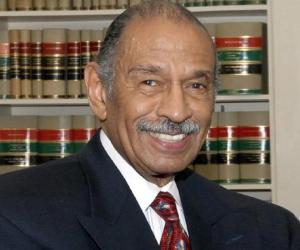
William the Silent played an important role in the Dutch Revolt where he led a group of fighters against the Spanish Habsburgs. The revolt resulted in the Eighty Years' War, which in turn paved the way for the independence of the United Provinces. Thanks to his efforts during the Dutch Revolt, William is referred to as Father of the Fatherland.
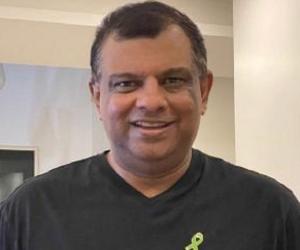
Tony Fernandes is a Malaysian entrepreneur best known as the founder of a popular air transport provider called Tune Air. He is credited with introducing the first low-cost airline, AirAsia, to Malaysians. Tony Fernandes is also credited with turning AirAsia into a highly successful public-listed company.
The 69th Governor of Ohio John Kasich played an important role in the passage of the Balanced Budget Act of 1997 and the 1996 welfare reform legislation. Kasich has also played an important role as a television news host. Despite being a Republican, Kasich is a prominent critic of Donald Trump; he supported Joe Biden during the 2020 presidential election.
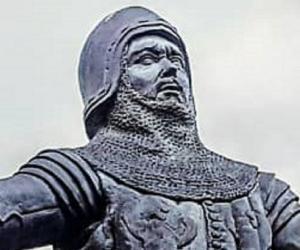
Lester B. Pearson was a Canadian statesman, scholar, diplomat, and soldier. He is best remembered for organizing the first United Nations Emergency Force (UNEF) in an attempt to resolve the Suez Canal Crisis, for which he was honored with the Nobel Peace Prize in 1957. From 1963 to 1968, Lester B. Pearson served as the prime minister of Canada.
Wilm Hosenfeld was a German Army officer, best remembered for rescuing many Polish people in Nazi-German occupied Poland. His efforts to help save the life of Jewish composer and pianist Władysław Szpilman were depicted in the 2002 biographical war drama film, The Pianist, in which Hosenfeld was portrayed by actor Thomas Kretschmann.
Erich Raeder was a German admiral best remembered for his role in World War II. In 1939, Raeder became the first person since Henning von Holtzendorff to hold the rank of Grand Admiral, the highest possible naval rank. Raeder led the Kriegsmarine, the navy of Nazi Germany, for the first half of the Second World War before resigning in 1943.
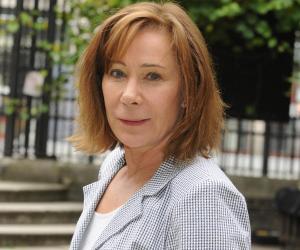
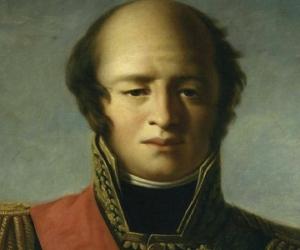
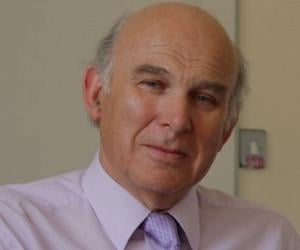
One of the most powerful leaders of the 20th century, Adolf Hitler was a German dicator whose policies started the WWII that resulted in the death of millions of people. He had a visceral hatred for Jews and during his regime nearly six million Jews were killed in Holocaust.
